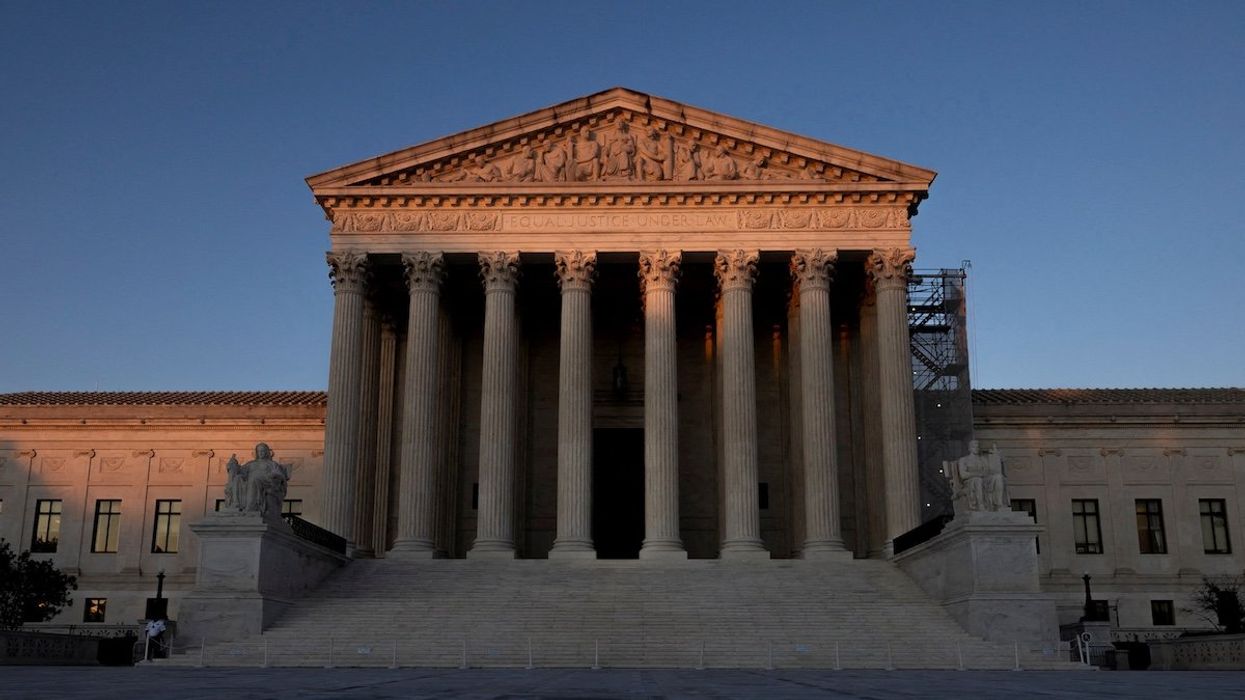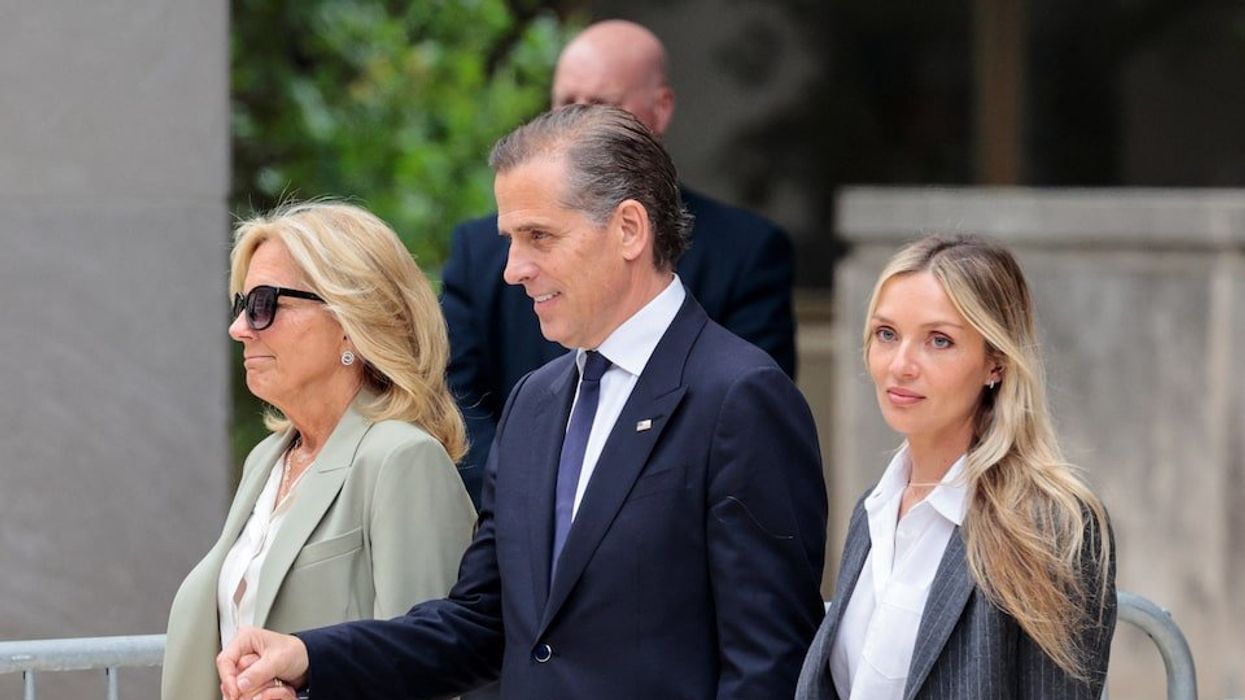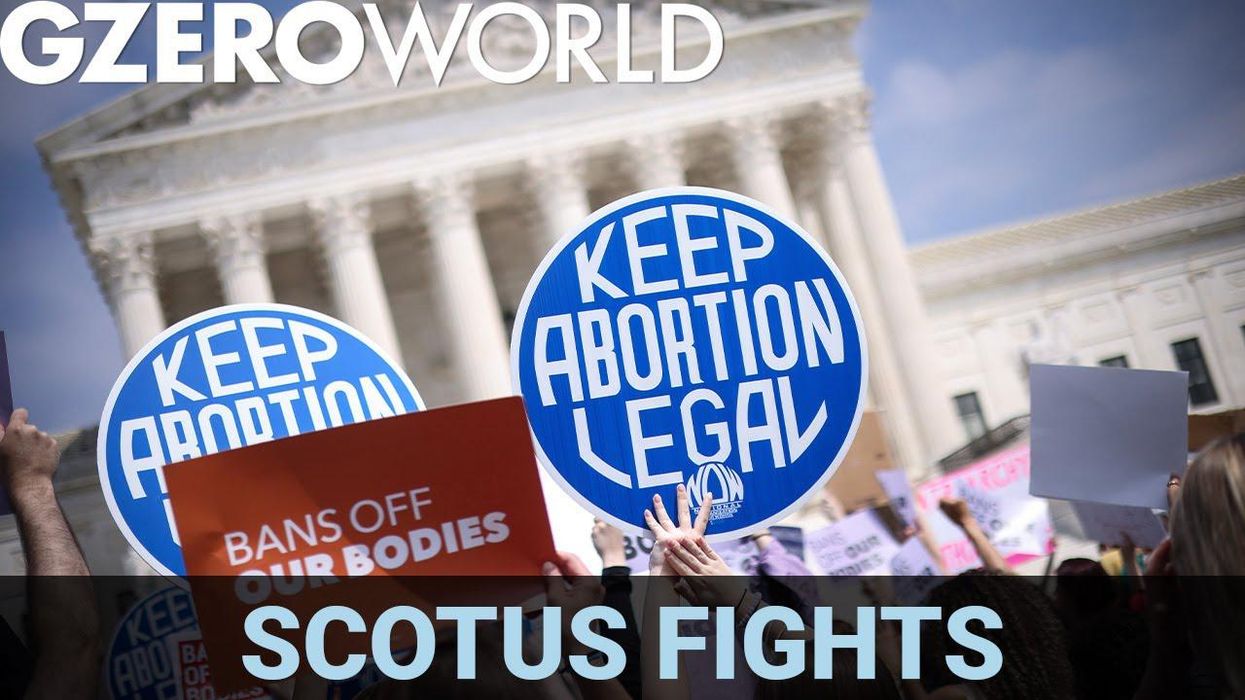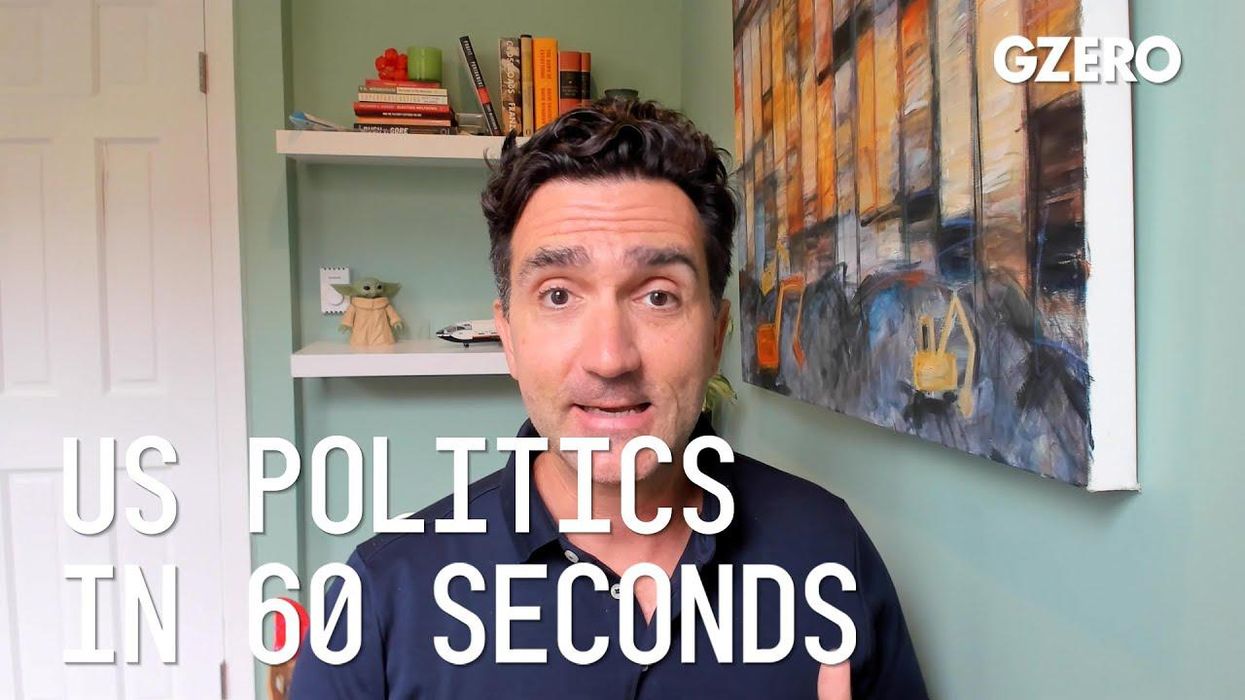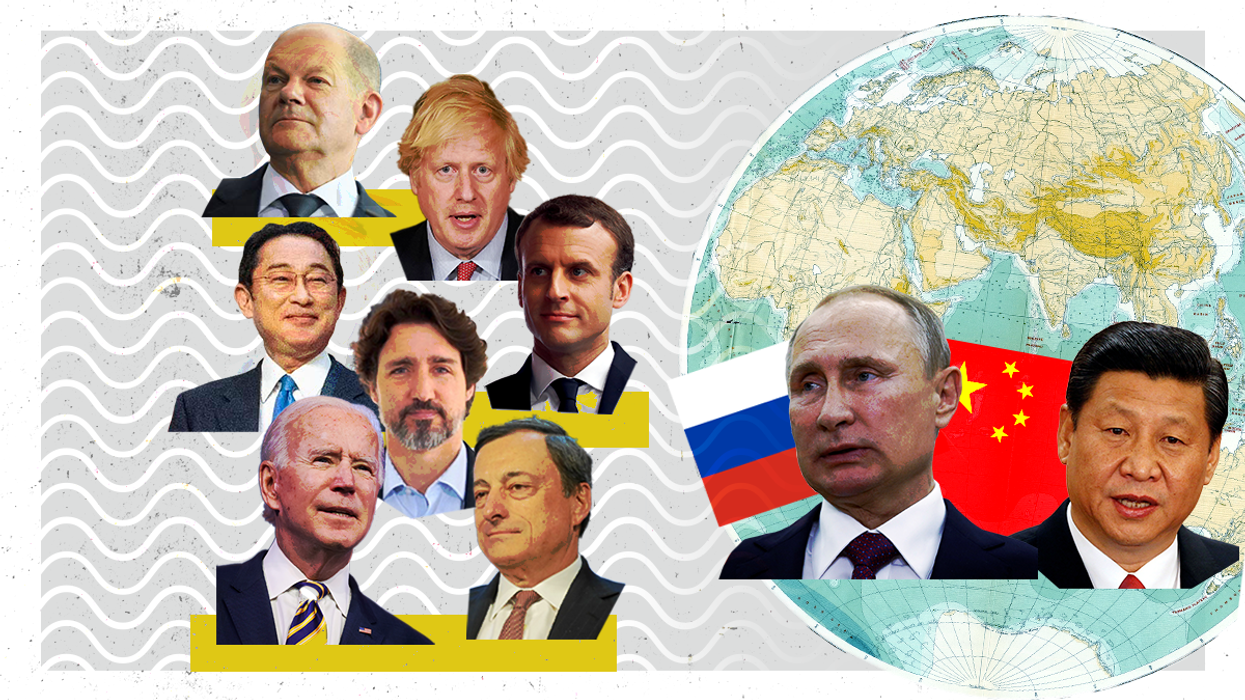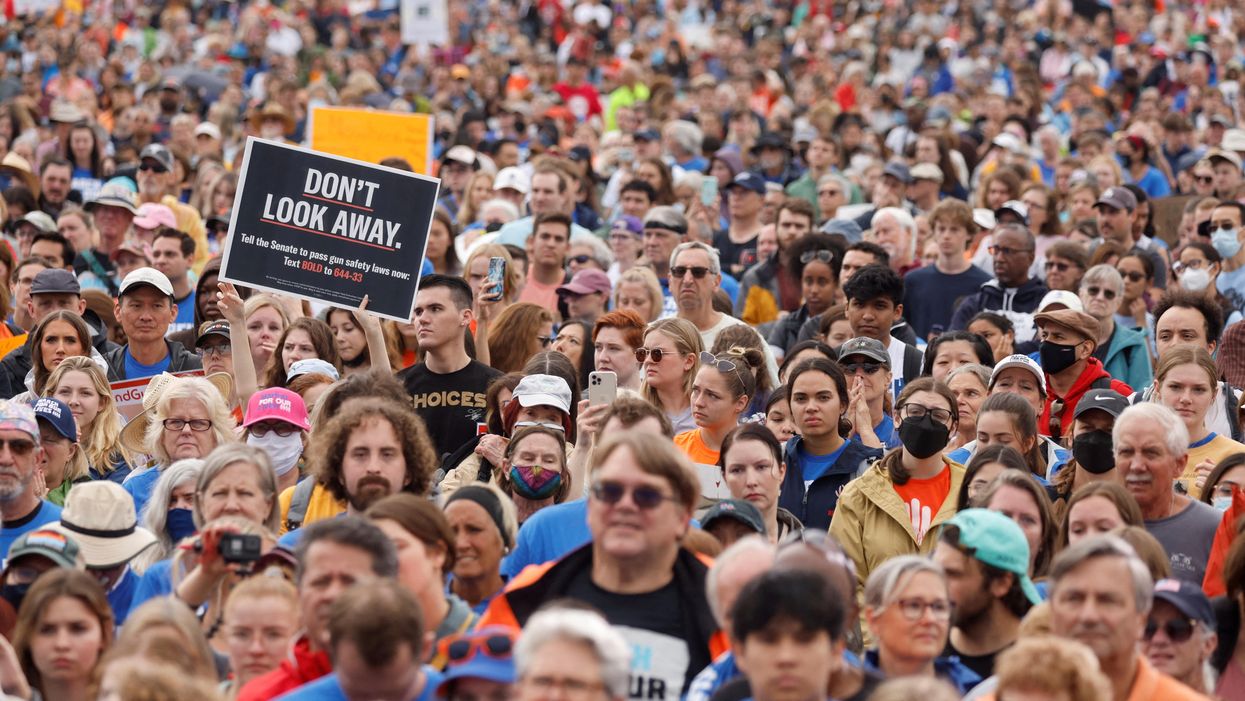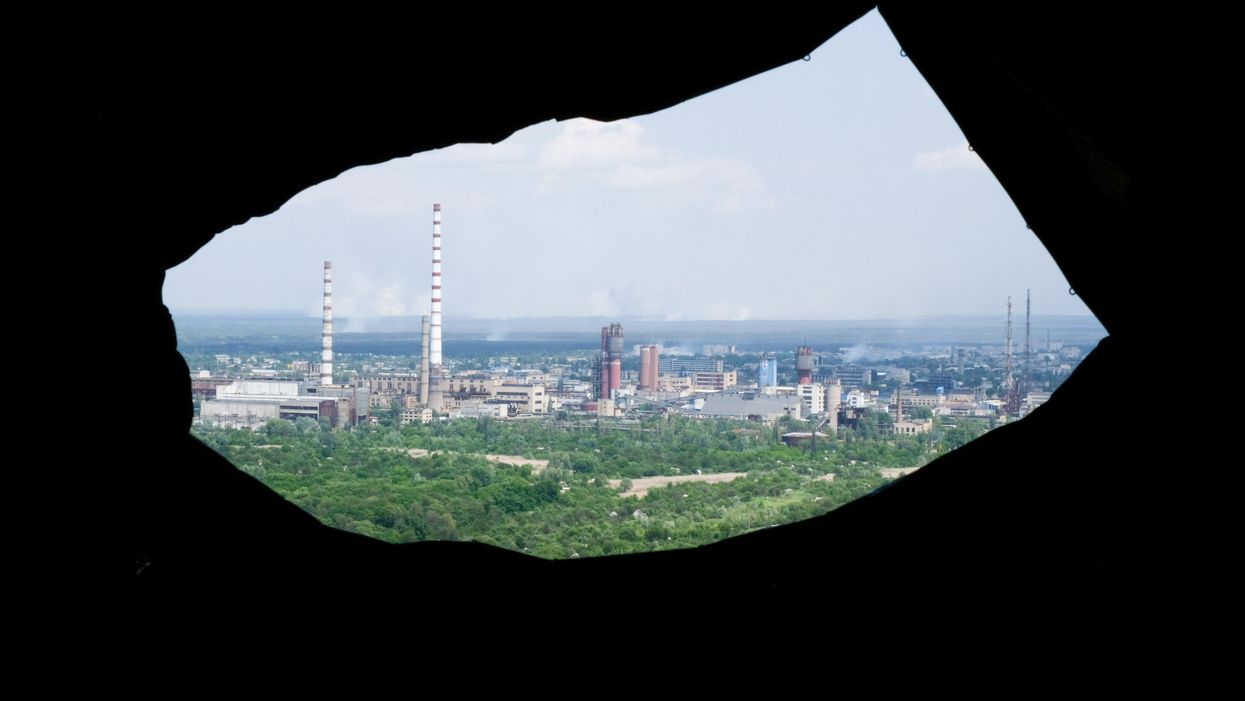What We're Watching
What We’re Watching: Gunmen kill 15 at Hanukkah event in Australia, Chile shifts to the right, South Africa considers concession for Musk’s Starlink
Australia’s Jewish community in mourning again
Dec 15, 2025

